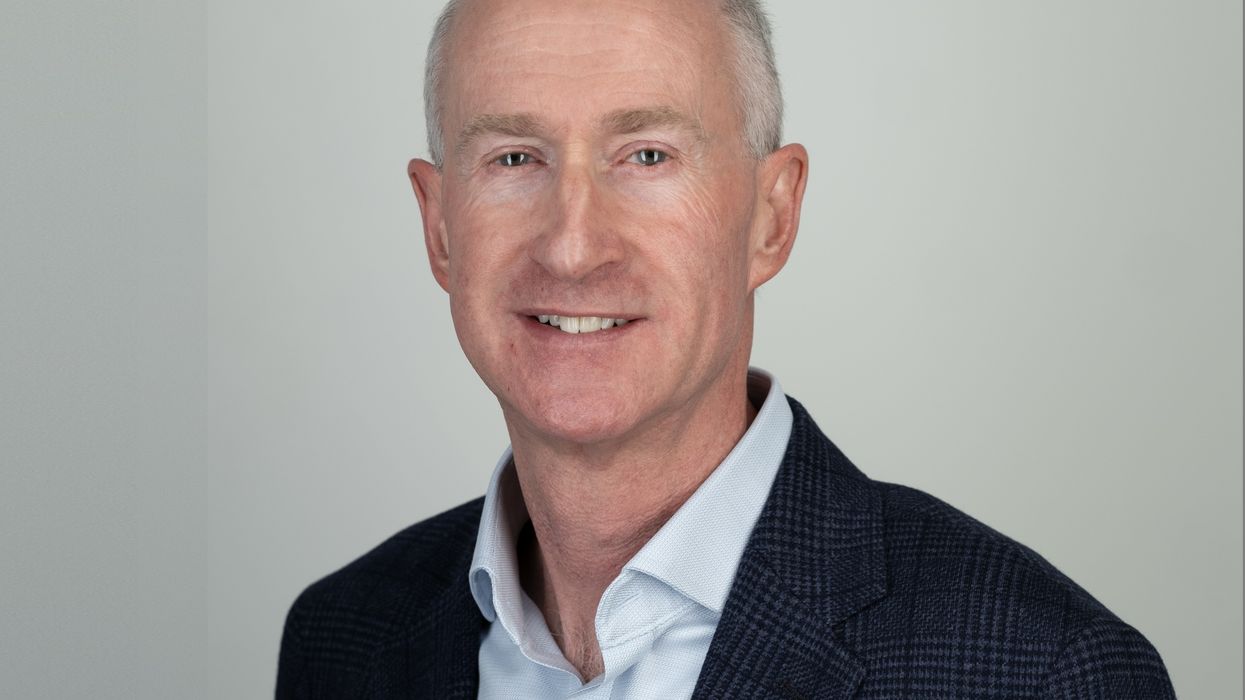General Pharmaceutical Council (GPhC) has shared some examples of best and unsafe practices in providing weight loss services by pharmacies that it has come across while inspecting in the recent months.
Under risk management and governance standard, inspector witnessed that pharmacies did not always have adequate risk assessments specific to the weight loss service, including the medicines and treatments they provided. The risk assessment didn’t include consideration and mitigation of any additional risks of the service they provided, such as providing services at a distance.
It was also noted that pharmacies could not always demonstrate that they sought sufficient assurance to verify the reliability of information thoroughly such as the person’s weight or identity. This means that a vulnerable person could inappropriately be prescribed the medication or use another person’s ID to obtain a medicine.
Pharmacies had not picked up prescribing trends, found inspector. These trends may have indicated inappropriate prescribing and supplying to people.
Pharmacies did not proactively audit or review the quality and safety of their weight loss service. This meant that they may not have been aware of opportunities to improve their service and implement best practice, including when things had gone wrong.
GPhC also highlighted some examples of good practices adopted by pharmacies while offering this services. Some pharmacies had specific guidelines and prescribing policies for weight loss treatments, and others required people to consent to information being shared with their regular practitioner, so the practitioner had up to date information and could offer follow up and monitoring.
To reduce risks, some pharmacies did not post every supply of the weight loss treatment to the person and instead required them to collect some or all their supplies from a pharmacy premises, so they could have their height and weight verified.
While sharing examples of unsafe practice in providing weight loss services, Helen Ireland, Chief Pharmaceutical Officer’s clinical fellow and Neha Ramaiya, Senior Clinical Pharmacy Advisor at the GPhC said: "Weight loss medicines such as orlistat, liraglutide and semaglutide can be abused, misused, and overused, so it’s important that pharmacies reduce the risks and safeguard people accessing their weight loss service. When prescribing and supplying these treatments, pharmacy professionals must consider the person’s mental wellbeing as it may play a part in the reason for people requesting these medicines."
Clinical effectiveness standards
Inspectors identified examples of poor practice, which included inadequate documentation of prescribing rationale with Ozempic (an off-label treatment) and poor recording of clinical interventions. It was noted that some pharmacies provided weight loss treatments solely based on a questionnaire model, without verifying the reliability of the information provided by the person.
While some pharmacies provide treatment to people with a lower BMI than that recommended or was continued despite no reported weight loss over a period of time. For instance, the manufacturing license for liraglutide (Saxenda) requires 5% weight loss after 12 weeks of treatment, which if not achieved should lead to discontinuation of treatment. So, regular follow up and monitoring needs to be undertaken.
some pharmacies did not have adequate mechanisms in place to prevent over supply of weight loss medication, meaning people could receive more medication than needed for a course of treatment
Good practice examples of managing services safely and effectively- Some pharmacies had comprehensive prescribing notes, which were accessible to other prescribers and the pharmacy team, such as the patient’s height and trends in weight to enable a thorough clinical check by another healthcare professional.
Some pharmacies had automated systems to flag when a person may change an answer in a questionnaire to progress a request, so this could inform the prescriber’s decision making.
Some pharmacies had unique consultation and counselling methods such as bespoke information leaflets, administration videos and follow-up by video or telephone.











